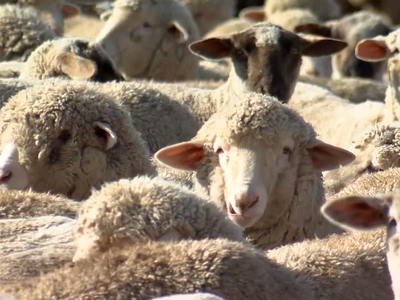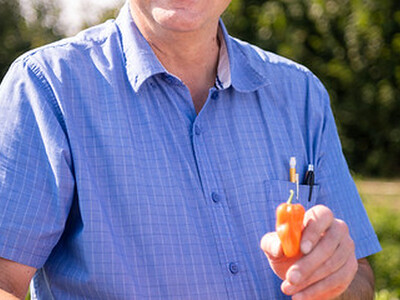Ticks and summer
Ticks find their hosts by detecting animals´ breath and body odors, or by sensing body heat, moisture, and vibrations. Some species can even recognize a shadow. In addition, ticks pick a place to wait by identifying well-used paths. Then they wait for a host, resting on the tips of grasses and shrubs. Ticks can’t fly or jump, but many tick species wait in a position known as “questing”. While questing, ticks hold onto leaves and grass by their third and fourth pair of legs.When the Centers for Disease Control people issue warnings about something, it's usually worth paying attention to. The CDC has reported that this summer season could be very bad when it comes to ticks, not just from the nuisance angle, though. But also because of the diseases that they're able to carry. Lee Townsend, an extension entomologist. Ticks are almost a soup of pathogens and microbes in them that can cause problems both for humans and animals, Problems including death in some cases. There's Lyme disease, of course, but many, many others, dozens of them. And he says it seems every year we Find out even more pathogens that are in them and potentially can cause disease problems, Problems that may not show up for days, weeks, months after the bite. Thompson says if you're going to be in wooded shaded areas where there may be tall grass and weeds, wear long sleeves, long pants, keep as little skin exposed as possible, use repellents and do checks of yourself every hour or so just in case. More about this in a future report.













